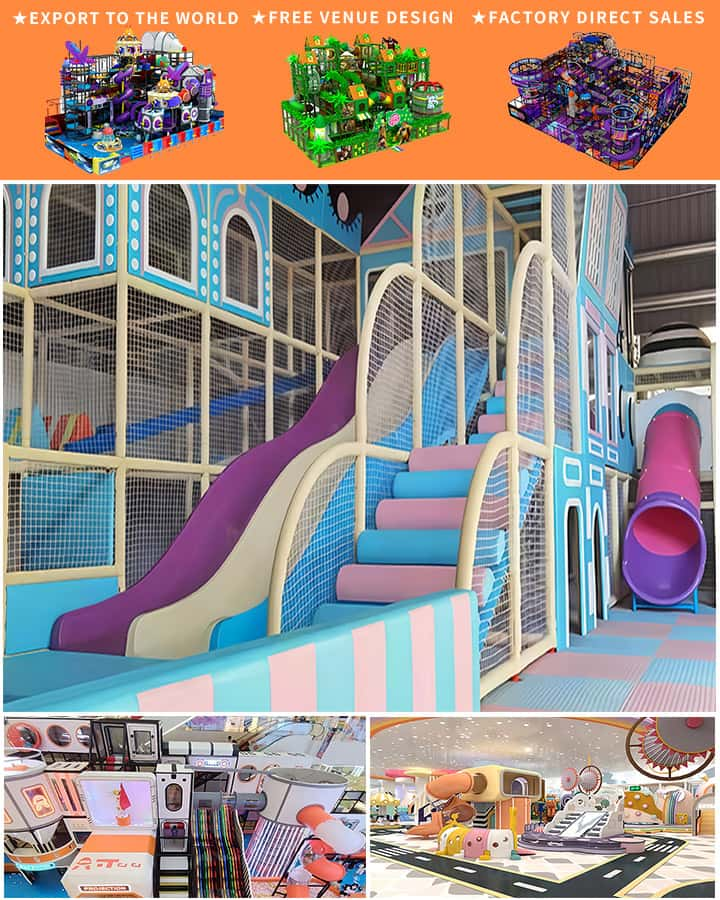Designing a playground that captivates children’s imaginations while ensuring their safety is no small feat. It requires thoughtful planning and a touch of creativity. Here are some innovative ideas to help you create the ultimate playground experience for kids.
1. Themed Adventure Zones
Turning different sections of the playground into themed adventure zones can provide variety and excitement. For example, a “Pirate Cove” could feature a shipwreck-themed climbing structure, while a “Space Station” might include a rocket slide or astronaut-shaped swings. These themes not only stimulate children’s imaginations but also encourage role-play and social interaction.
2. Eco-Friendly Features
Incorporate eco-friendly elements such as recycled materials for playground structures or natural landscaping features like grass mounds and water play areas. A living playground wall made of vertical gardens can serve both aesthetic and educational purposes, teaching kids about plant life and sustainability.
3. Interactive Learning Spaces
Create interactive learning spaces where children can engage with educational activities while having fun. Install chalkboard walls, alphabet and number hopscotch paths, or even musical instruments integrated into the playground design. These elements make learning enjoyable and promote physical activity.

4. Sensory Play Areas
A sensory play area can be particularly beneficial for young children. Incorporate textured surfaces, water features, sand pits, and auditory elements like chimes or drums. These elements can help develop sensory motor skills and provide a multi-sensory experience that is both stimulating and calming.
5. Inclusive Play Equipment
Ensure that your playground is accessible to all children, including those with disabilities. Install wheelchair-accessible merry-go-rounds, adaptive swings, and sensory play equipment. Inclusive design fosters a sense of community and allows every child to participate in joyous play.
6. Nature Trails and Exploration Areas
Set up nature trails with small bridges, stepping stones, and hidden nooks. These trails encourage children to explore their surroundings and can include educational signage about local flora and fauna. Such exploration areas can be both adventurous and informative.
7. Climbing Structures with a Twist
Traditional climbing frames can be enhanced by adding unique twists such as rock climbing walls, cargo nets, and rope bridges. These features not only build strength and coordination but also add an element of challenge and excitement.
8. Shaded Rest Areas
While play is crucial, rest is equally important. Create shaded rest areas equipped with benches and tables where children and caregivers can relax. These areas can double as spots for picnics or educational storytelling sessions.
9. Water Play Features
Water play areas are always a hit, especially during hot weather. Install fountains, splash pads, or small pools with safe, shallow depths. These features provide a refreshing break and introduce basic hydrodynamic concepts in a fun way.
10. Community Art Projects
Engage the local community by involving children and adults in creating murals or sculptures for the playground. This not only makes the space more visually appealing but also gives children a sense of ownership and pride in their playground.
By integrating these diverse ideas, you can create a dynamic and inclusive playground that not only entertains but also enriches the lives of children. From themed adventures to educational zones, the possibilities are endless when it comes to designing a playground that inspires joy and creativity.




